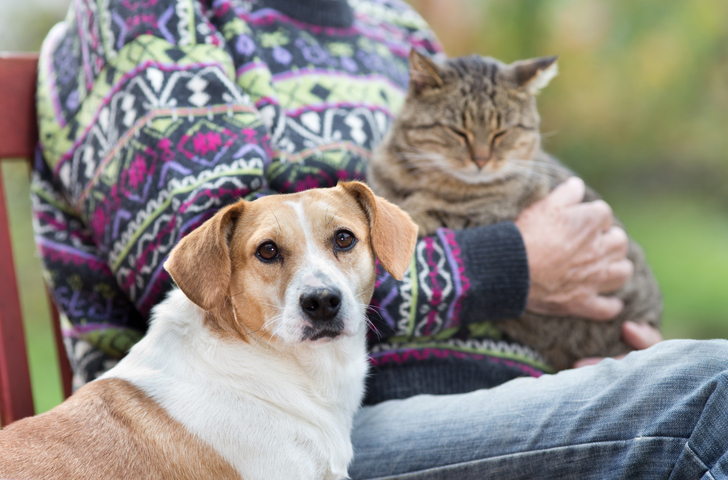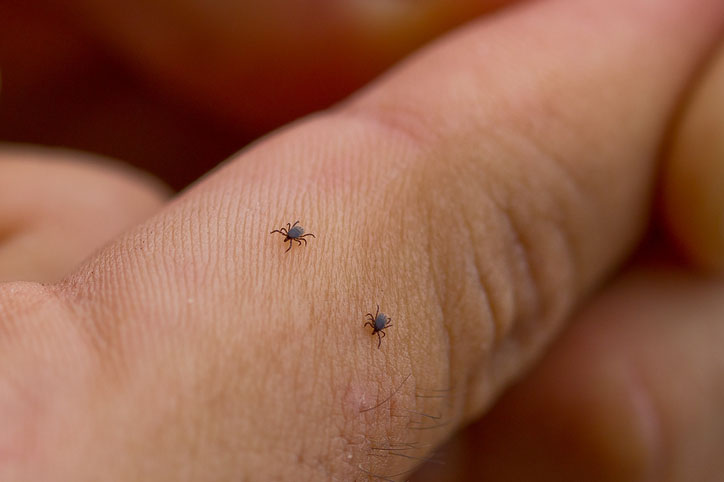Routine Health Care of Rats
Appropriate housing, a nutritious diet, good hygiene, and considerate care will minimize disease problems for your rat. Injuries can be prevented by keeping your pet in a cage free of hazards and always handling it carefully and gently. There are currently no vaccines for rats or other small rodents.
You should regularly examine your rat for any general signs that might indicate illness, trauma, or the presence of disease. These include loss of appetite or weight, hunched posture, discharge from the eyes or nose, hair loss, matted or fluffed fur, signs of trauma (bites, wounds, limping), or general dullness.
Signs of Illness
Loss of appetite or energy, dull coat, a puffy appearance of the coat, loud or raspy breathing, and labored breathing are all early signs of illness (see Table: Common Signs of Illness in Rats). Changes in the color, consistency, smell, or amount of urine or feces may also indicate that your rat is sick. Any of these signs is an indication that your rat needs to see a veterinarian promptly.
Common Signs of Illness in Rats
The Harderian gland, which lies behind the rat’s eyeball, secretes a reddish-brown substance that lubricates the eye and eyelids. This secretion (sometimes referred to as red tears) gives the appearance of blood, but contains little or no blood. It is sometimes seen around the eyes and nose and may be a sign that your rat is ill or stressed.
Head tilt, often called “wry neck,” is another sign of illness in rats. It is usually caused by an inner ear infection, but may also be caused by complications of respiratory infection, pituitary tumors, or even by a stroke. The rat should be seen by a veterinarian to determine the proper course of treatment.
Dental Care
Rats have incisor teeth that grow continuously throughout their lives. They have a need to wear down their growing teeth and should be provided with appropriate materials to gnaw. Wooden gnawing blocks hone down teeth and are a good solution. Rawhide chew sticks or hard dog biscuits can also be used. Cooked soup bones are a favorite of rats. When necessary, periodic trimming by your veterinarian will control the growing teeth. Overgrown incisors are a common problem in pet rats and can lead to difficulty in eating, weight loss, dehydration, and mouth trauma. If not kept trimmed, the teeth can grow into the nasal cavity.






